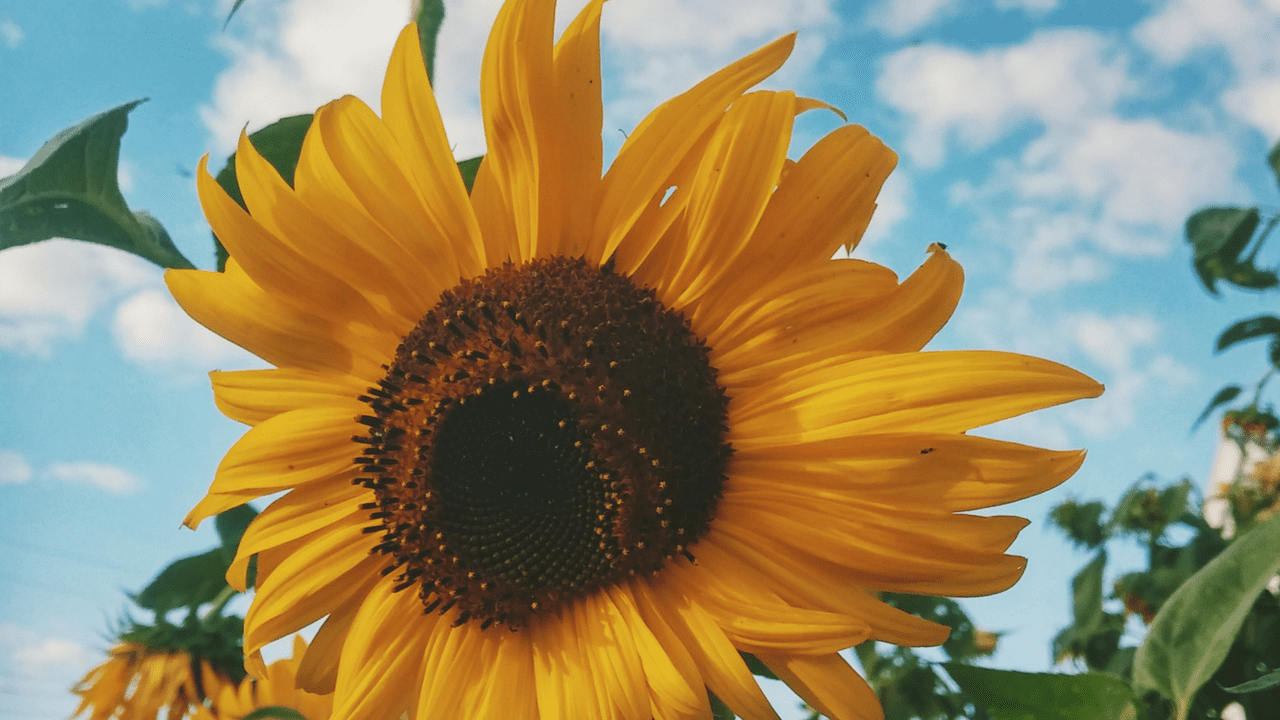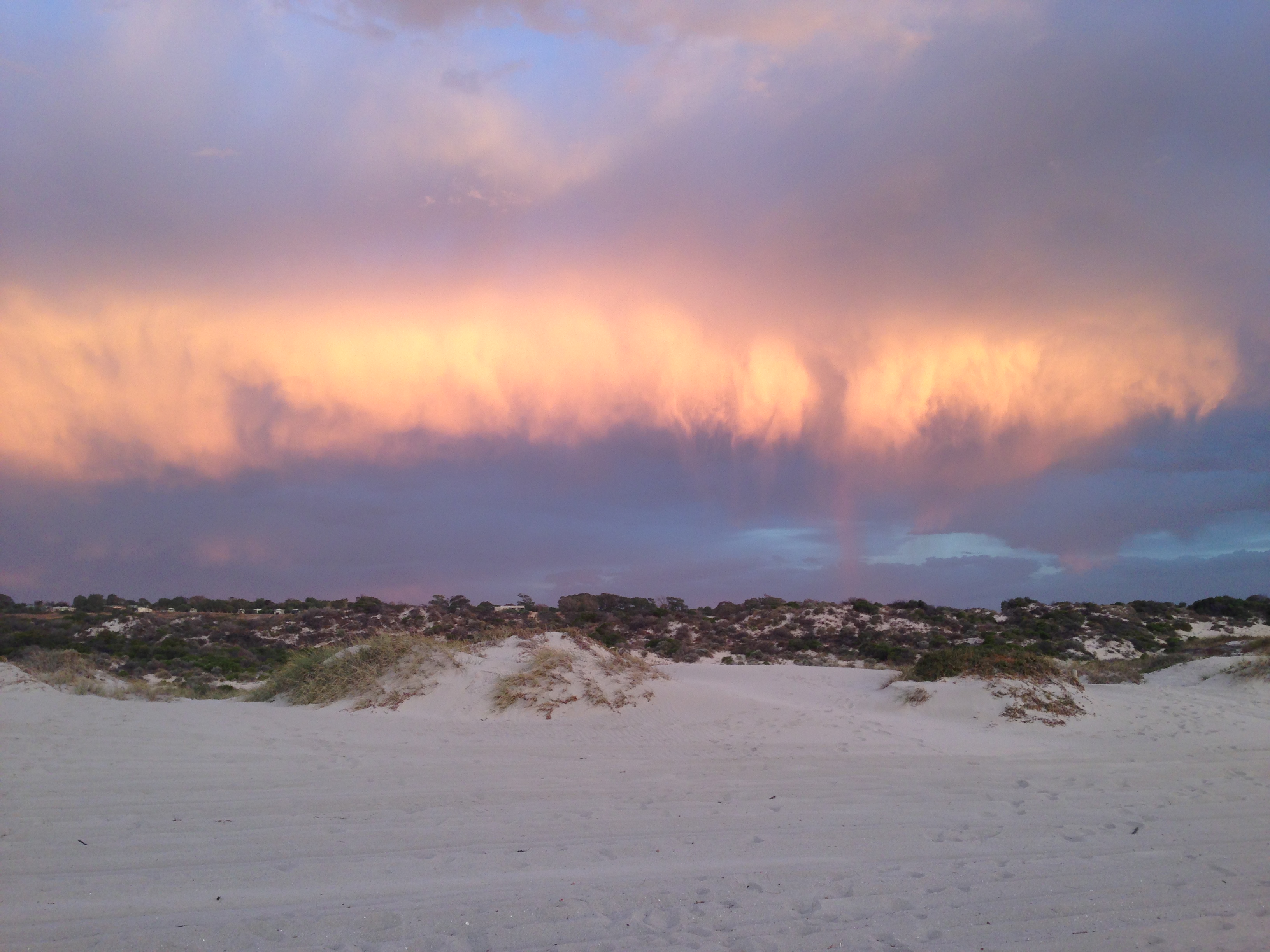The weather was weaved into my childhood like a person. A moody and unpredictable type of person who had influence by what she gave and what she didn’t. I guess that would make her a woman. Prone to changing her mind. Spectacularly beautiful, harrowing, wild and angry, calm and divine, alive.
Yesterday was the warmest winter day on record for our town in like, forever (research is not my forte even though I saw this on a meme only yesterday). It was a magnificent day for a town lover. But the meaning of the weather is too in me (woven into the fabric of my being) to fully appreciate it, because my stomach always clenches slightly when it’s warm and dry and meant to be winter and the growing season for the crops and there’s no rain, and nothing much like winter at all.
The moods of our household, and perhaps most farming families, was intrinsically linked to the weather. It seemed to me it never rained. Or it never rained at the right time. It rained in November and December and stuffed up the harvest and watered down the quality of the grain. And the price. Except when it rained so much in one State (but not ours) that the crops were trashed and the price went up. And then the mood changed, I guess a bit like the relief when the tragedy is close to home but not yours and you feel simultaneously relieved and guilty for feeling relieved. Glad it’s not your tragedy, but hurting for the people who are hurting.
The radio was always on in the morning. The weather reporter or the guy (usually) from the BOM was the most important person. But no amount of baited breath could change what he’d say. And then there would be conflicting reports about what to expect, and my father would sigh heavily, angrily turn off the radio and head out the door to work. And the sun would shine, and sometimes the wildflowers would come out by the middle of July (or there would be blow-flies in June like today) and I’d feel panic because it meant the possibility of a long, slow, hot, dusty summer (which even with an amazing growing season still happened every year because of where we live). The easterly would blow, cold and harsh from the desert and then hot like dragon’s breath. The southerly would kick in in summer and bring the dust from the farms made bare with livestock or not enough ground-cover and the summer storm clouds would be tinted pink. Beautifully, magnificent sunsets and sunrises, and days like the desert.
The mood could go on for days or weeks or months or the entire growing season. Our house would be quieter. The radio or the evening ABC weather report would be the only thing that mattered. Once the guy on the TV reported certain rain that never came and my Dad wrote him letter, which my brother faxed (gleefully). I believed it said something about him not knowing a weather map from his a-hole. Which I guess was early-version trolling. Distressed would be the emotion that lived around my Dad on those days. And then despondent.
And then? Sometimes it would rain. Sometimes only a few millimetres, but enough for the tiny plants to stand up straighter and get a bit greener. And the cooler weather and the grey skies made it easier for them. And they were (and are) the most amazingly resilient plants. Like farmers. Surviving on the drop of an oily rag. Or a damp morning. And then? There would be hope. The steps would be lighter. There would be banter in the workshop or over the two-way. Everyone could breath a little easier. Sometimes it rained a lot. We would get in trouble for wrecking the wet roads by driving on them. Some seasons were magnificent. Magnificent beyond. Those seasons we would whinge about weeds, or pests or getting bogged in the paddock and then about filling the bins too quick at harvest and the trucks not being able to keep up. Those seasons were the seasons I believe that keep people farming. Not just because of the money they bring in, but because they were infused with hope. And the hope would keep many people farming beyond what was possible with the money they made. And whatever else it is when farming is woven into the fabric of your being. That even when you don’t live there or do it anymore you are not entirely free of it. And that doesn’t seem like a bad thing. It probably isn’t a bad thing. It’s just how it is. Like the colour of your eyes, or the shape of your smile or the way you laugh.
It seemed that the weather could break people, one hot, dry day at a time. The communities who loved and supported each other would find other ways to hold themselves together (they are resilient you see), but every year someone would be broken by it. Momentarily or for a long time. And the communities got smaller, but somehow stronger.
I remember big weather events. Not clearly, but mixed in the mix of all the years. Like the cyclone when I was 4 that broke our TV antenna (and thus no ABC for weeks) and meant we had to get the ducklings inside and warm them in the oven (door open). The times the river flooded to the road near our house, and I slipped in the mud. And then the time the river touched the house and there were frogs on my windowsill in the morning and ducks in the fronts paddock. Swimming ducks. And swimming children. Droughts. Sheep leaving. Tall glorious canola crops. Thick wheat. Shrivelled wheat. Dust. Wildflowers. Rain. Sunshine. There was even a type of weather I associated with Armageddon. End-of-the-world weather. When it was still and overcast and muggy, but probably not going to rain. But the sky was dark and the mood ominous. That would the day the world ended. It didn’t though. It didn’t end. But on reflection I find it interesting that I thought Armageddon would come on a day that threatened rain but probably wouldn’t rain.
I always said I couldn’t be a farmer because I could not depend on something that was so out of my control. That no matter how well I thought I knew my land, or the technology I used or the love I felt for what I did I could not control if the heavens opened and helped the crops grow. And yet somehow, you’re always a farmer, even if you move away because it’s woven into the fabric you’re made of. And so even if you live in town you have your own farm – chooks and chickens, and rabbits, and (badly) grown herbs – and you notice the weather. And you still pray for rain in winter (except when it rains too much and fills your town pool with dirty water), and pray for it not to rain during harvest (except when it’s so hot you are dying and dreaming of a summer thunderstorm) and feel simultaneously relieved and guilty that your livelihood no longer depends on it.
And then you meet someone who works with farmers, and suddenly the conversations about the weather are not just with your Dad at afternoon teas on Sunday, but they become a part of everyday again. Like the story of the weather. Woven into the fabric of your being. Like the colour of your eyes, or the shape of your smile or the way you laugh.

